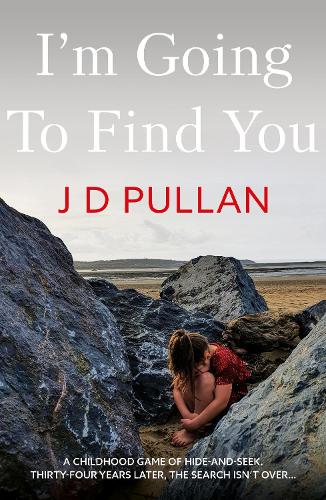Time has moved on and readers next meet up with Max Schelling, who is now a veteran of the First World War.
He is a deeply disturbed man, suffering greatly from flashbacks to his time in the trenches of the war, plus dreadful nightmares, which are a result of the dreadful fighting that he was involved in at Verdun back in 1916.
He is married to Frieda and has two young sons, Peter and Ernst. He realises that his wartime experiences are having having a deleterious impact on his family and he is thinking dark thoughts that perhaps their lives would be better, somehow, if he were dead.
Frieda is concerned about her husband and she made the suggestion that perhaps it would be helpful if he returned to Verdun to see if he could come to terms with what happened to him there.
He is not happy with the idea and he rejects it out of hand. But with his condition still as bad as ever, if not worse, he desperately comes to the conclusion that he must make that trip after all?
Because Max is employed at the Imperial Archives, assisting in the writing of the official history of the battle at Verdun, he is able to get his bosses to agree with the idea of Max making at official trip to Verdun.
When he reaches Verdun he walks over the ground, looking at the war-ravaged landscape, which was still marred with shell-holes and the detritus of the battle.
As he looks at the battlefield he realises that he left part of himself there as he thinks of his comrades who never made it out alive, as he did.
Could Max return to his job at the archives? Could he return to his family? If he did, what next?
This is a very moving novel. It's published by Matador at £9.99. It will make an excellent stocking filler for those interested in the history of World War 1.







